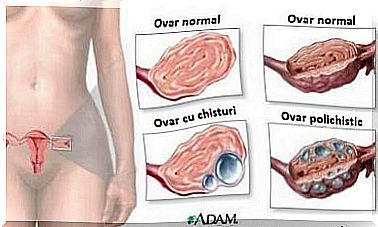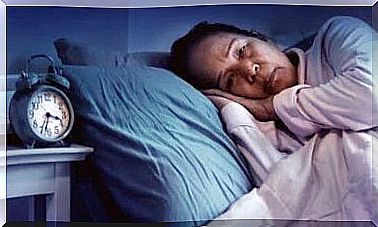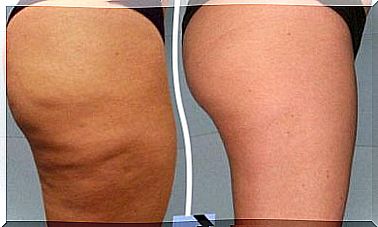Prevention Of Neonatal Infections
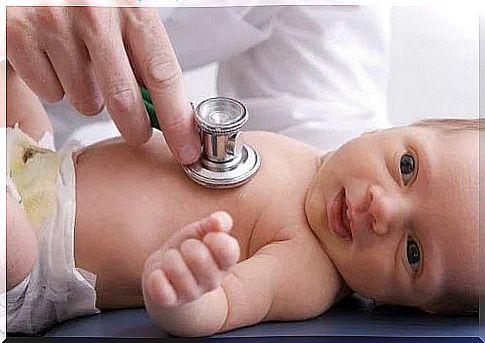
A neonatal infection or sepsis is a serious disease that affects newborns and which, if not treated in a timely manner, can lead to a tragic outcome. Prevention of neonatal infections is of utmost importance both in hospitals and at home.
Do you know what we’re talking about? If not, read on to find out why neonatal infections occur. We will also talk about how they can be prevented and what are the symptoms, methods of diagnosis and treatment of neonatal infections.
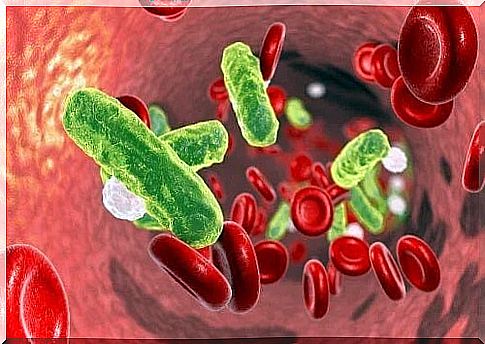
Usually, the neonatal infection with early onset occurs between 24 and 48 hours after the birth of the baby, because it was exposed to bacteria immediately before birth or during birth.
The risk factors that increase the chances of the baby suffering from sepsis are:
Premature birth
In this case, the infection occurs shortly after birth either because the baby had to stay in the hospital or because he had a catheter inserted for a long time.
Prevention of neonatal infections
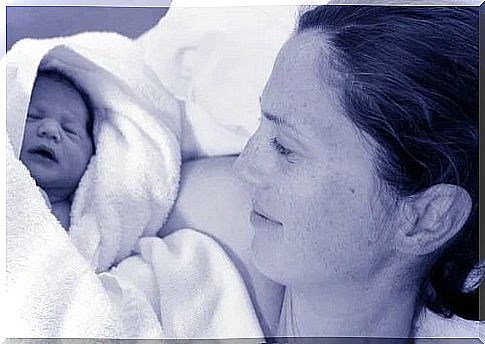
As always, prevention is better than cure. For this reason, we will list the best measures to prevent a neonatal infection. Take notes.
1. Antibiotic treatments for pregnant women
If the mother suffers from conditions such as chorioamnionitis (an infection of the amniotic fluid and placenta), is infected with a group B streptococcus, or has given birth to a child who has had sepsis in the past, it should be treated during pregnancy to prevent neonatal infection with early onset.
If a pregnant woman has any type of ongoing infection, including herpes simplex virus, it should be treated urgently. In fact, doctors recommend that women who have any type of infection not try to get pregnant.
2.
Strict hygiene in the place where the baby is born is essential to keep bacteria away from the newborn. Keep in mind that babies are very vulnerable in the months after birth.
3. Birth as soon as possible after breaking the water
After the water breaks, birth should occur within the next 12-24 hours to prevent contamination of the baby.
Symptoms of neonatal infections
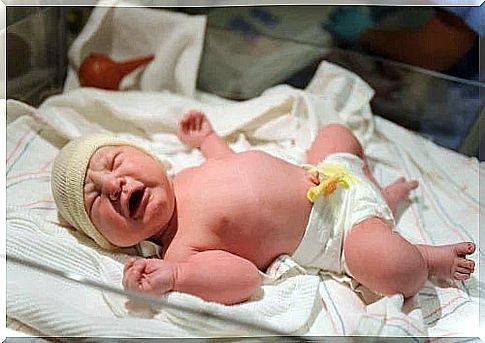
If you notice any of the above symptoms or any other conditions after you return home from the hospital, you should definitely consult a pediatrician. Keep calm and check that everything is in order.
Diagnosis and treatment of neonatal infections
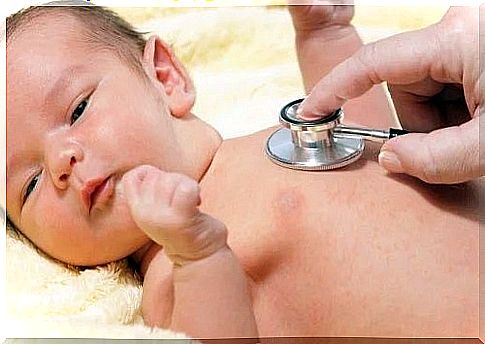
- A blood test that usually requires a C-reactive protein (CRP) test and the number of white blood cells and a blood culture.
- Examination of cerebrospinal fluid to determine whether or not bacteria are present in the child’s nervous system. If so, a lumbar puncture will be done.
Neonatal infections are very serious because they can be fatal to children. For this reason, doctors tend to monitor pregnancies fairly closely. In fact, they try to prevent sepsis and provide safety for the mother and her child. Preventing neonatal infections is vital!
